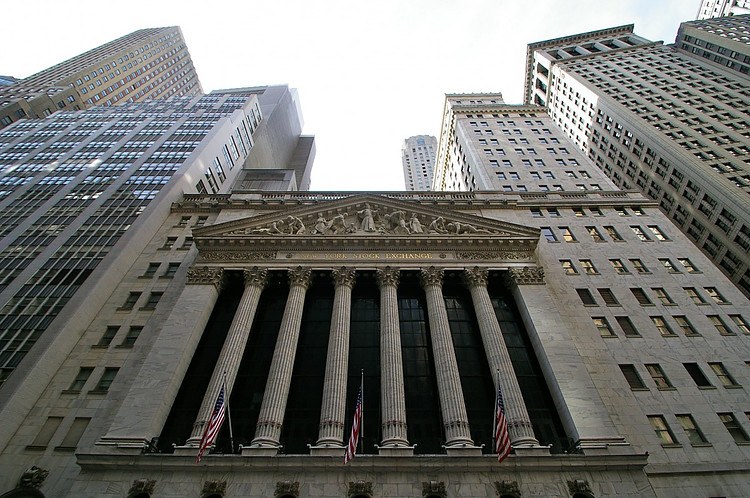- Friday saw the S&P 500 and Nasdaq 100 hit and close at all-time highs.
- “The market is now anticipating a massive amount of stimulus, a CARES act part two and a massive infrastructure program”.
- A downbeat jobs report for December was broadly ignored, with the market “living in the future”.
Friday saw the S&P 500 and Nasdaq 100 hit and close at all-time highs, the former rallying as high and closing in the 3820 after bulls aggressively bought a momentary dip back below the 3800 mark and the Nasdaq 100 marching above the 13000 level for the first time. The S&P 500 closed with gains of 0.55%, the Nasdaq 100 with gains of 1.28% and the Dow Jones Industrial Average with gains of 0.2%.
“The market is now anticipating a massive amount of stimulus, a CARES act part two and a massive infrastructure program” Robert Phipps, a director at Per Stirling Capital Management in Austin, Texas told Reuters, citing the outcome earlier this week of the Georgia runoff elections that confirms that the Democrats will control Congress for the next two year at least. Phipps added that he also “think(s) the market is celebrating what everyone expects will be a more predictable less chaotic Washington going forward”.
In addition, comments from Fed Vice Chair Richard Clarida that were on balance dovish regarding the bank’s QE programme when compared to other Fed members who have spoken recently, combined with his more optimistic take on the economic outlook for later in the year also seemed to help risk appetite.
Meanwhile, some fiscally hawkish comments from Senate Democrat Manchin, who was reported to have retorted “absolutely not” when asked if he supported $2000 stimulus cheques, did little to hurt sentiment. His vote will of course be needed in the Senate (assuming all 50 Republicans vote against any Democrat bill) if the Democrats are to pass fiscal stimulus legislation in the Senate. Later reports suggested he was merely suggesting that stimulus are “absolutely not” a priority for Congress, which should instead focus on boosting vaccine distribution.
Elsewhere, rising nominal and real yields on US bonds, which took a heavy toll on precious metals markets on Friday, are also being touted as a potential hazard for the equity market bulls, but equity markets are showing little concern that the era of TINA might be over just yet (TINA – There Is No Alternative, an acronym referring to how investors have to invest in equities if they want to generate any return because developed bond market yields are so low).
Monthly official US jobs data, released at 13:30GMT, was largely ignored, despite showing a surprise contraction in employment in the US in December 2020. Most of the downside in the labour market was as a result of 372K hospitality and leisure workers losing their jobs as a result of Covid-19 restrictions, a pattern that Fed Vice Chairman Clarida said (and most analysts will agree) he does not expect to continue for much longer in 2021.
According to Chris Zaccarelli, chief investment officer for Independent Advisor Alliance, the market’s apathy to Friday’s downbeat jobs reaffirms a long-held notion that “the economic reality stands in stark contrast to the markets’ view of the world – we are all living in the present, with a badly damaged economy, while the market is living in the future, expecting a post-COVID or at least post-vaccine world”.
